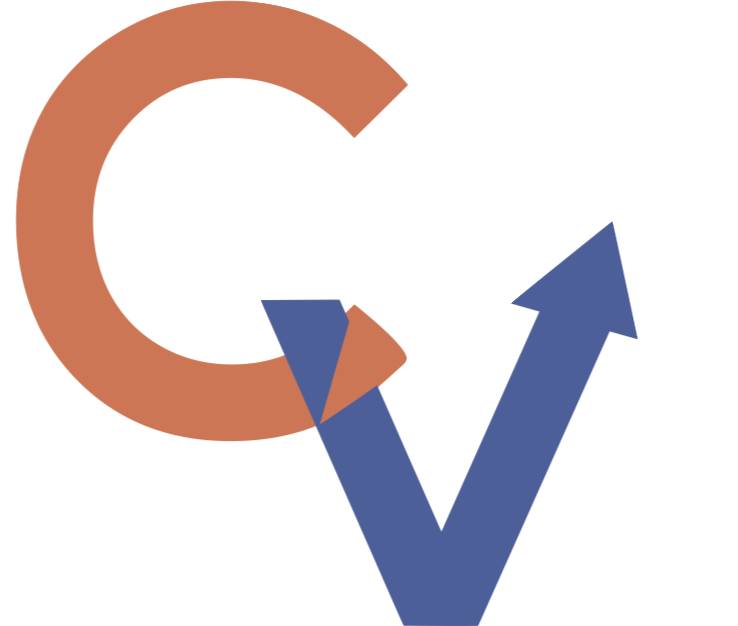How to write an effective resume
One of the first things I’m always asked is whether you need to tailor your resume to a job. The answer is that your resume should be in great shape so that you only make zero to a few tweaks before you apply to a job.
The key to a writing an effective resume is summarizing your expertise and strengths in a few short lines (think elevator pitch) and weave that story throughout your resume with examples that support your greatest assets. It’s similar to how we are taught in school to write any story or piece of academic writing: you need a clear theme and messages to support that theme.
The majority of recruiters spend less than 30 seconds reviewing a resume. If you can’t clearly define your narrative, an employer is not going to take the time to read and re-read your resume until they figure out what you are all about.
Whether you’re writing an executive resume or CV or you’re starting your career, define exactly what you want to do next, research those requirements, and write your narrative from that perspective.
“Sell your destiny, not your history.”
For example, if you did project management in the past but have zero interest in it now, tone it down. It should not overpower your resume, and you likely don’t want to mention it in your career summary because an employer may get the idea that’s what you want to do. In that case, they may say, “hey, this project manager opportunity would be great for you!” when all you want to do is product development. When you’re thinking about what to write in your LinkedIn summary (now called the About section), the same applies. You don’t want recruiters to contact you for project management roles when you want nothing to do with them.
Career Summary
First, create what I call an umbrella statement, or career summary, at the top of your resume. These first few lines should describe briefly the skills you have in terms of where you want to go. Your bullets under each job in your resume are the supporting evidence for these claims.
Answer these 3 questions to help you craft it.
1. What are the main requirements for the jobs of most interest to you?
2. What are you most proud of?
3. Imagine a great week at work. What have you been doing and what skills are you using?
Emphasize things you’ve done that support where you want to go.
Here are two sample career summaries.
Expert project manager with 12 years of experience in healthcare non-profits leading program development, community outreach, and the design and delivery of educational content. Acknowledged for event management skills and ability to inspire teammates.
Versatile statistician with 20+ years of experience in healthcare, pharmaceutical, and market research firms developing creative solutions to complex research questions using SAS and other tools. Recognized for communication ability, concise writing skills, and for proactively tackling challenging problems.
Job Description Bullets
After thinking through the three questions above and crafting your summary toward where you want to go next, you should have a good idea of the skills you need to emphasize to support your story.
Don’t simply tell by making a laundry list of responsibilities; show what you did.
Provide detailed examples with the purpose or result of each task.
For example:
· Served as project manager for a $25K/month client, utilizing project management tools and methodology.
· Managed logistics for annual client summit in Washington, D.C., resulting in 75% of clients attending.
· Created marketing plan for nurse philanthropy training (total of 500 attendees), meeting requirements to maintain accreditation as a continuing education program.
The examples are specific and contain details, along with the impact or end goal of her work.
When you tell your story effectively in your resume, an employer can clearly grasp who you are and what you have to offer. Narrow your focus and emphasize your skills and experience that relate to what is most important, i.e., where you want to go next. You may substitute words in the career summary or specific examples according to the requirements sought for a particular job because speaking the employer’s language is important, but you should not have to do a significant amount of tailoring a resume for a job if you have a strong resume.
